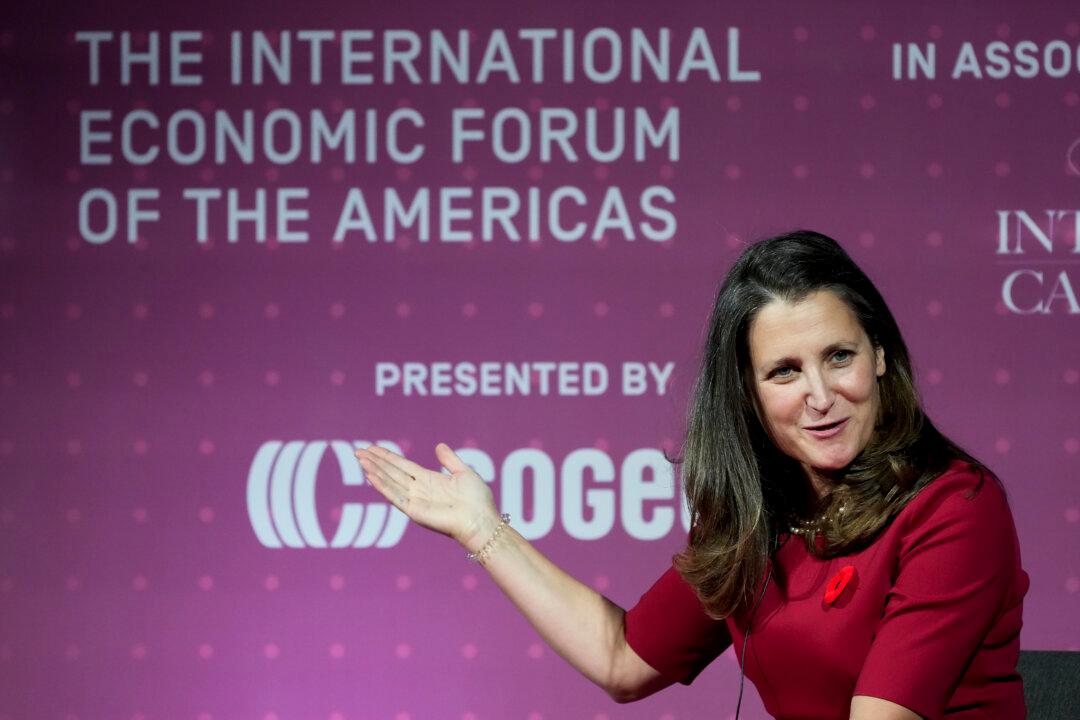Governments are taking on massive debt loads to manage the pandemic. Raising taxes would choke off a tenuous recovery, not to mention being politically unpopular.
Enter financial repression, which generally means ways in which the government effectively gets the private sector to pay down the public debt.
This is accomplished by the central bank keeping interest rates near zero and buying bonds, which floods the economy with money. The central bank attempts to generate inflation this way by enticing businesses and households to borrow and spend, thus raising demand relative to supply. With higher inflation, money is less valuable and the debt is cheaper to pay back.
Financial regulation also assists in financial repression. Banks are stress-tested to see if they can withstand adverse shocks to the economy. Regulators require them to buy and hold “safe assets” such as government bonds. This in turn helps keep interest rates low and potentially raises inflation.
What is key for financial repression is to keep interest rates below the rate of inflation, meaning real interest rates are negative.
Canada’s annual inflation rate rose to 4.7 percent in October, up from 4.4 percent in September—the highest since February 2003.
Double-Edged Sword
Financial repression can pump up the stock market and lift house prices to levels that don’t reflect economic fundamentals and income levels, said Kevin Page, founding president and CEO of the Institute for Fiscal Studies and Democracy at the University of Ottawa, in a piece for Policy Magazine.





